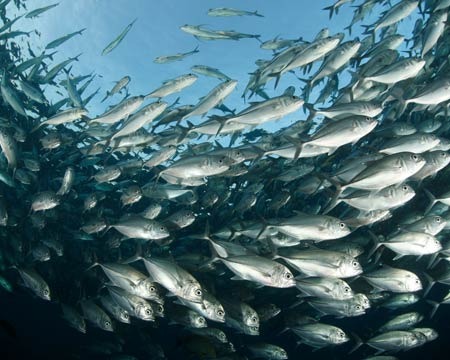Your Anxiety May Be Affecting Our Ecosystem
Social interactions aren't the only thing your anxiety is affecting. A recent study in Sweden found that a pharmaceutical drug used to treat anxiety in humans could be affecting our ecosystems.
Scientists found that fish that carried traces of the drug Oxazepam in their system were less social, more active or bold, and ate faster. Because hints of the drug are often found in waste due to it often being flushed, excreted, or discarded, the study was conducted to determine the effects the drug had on the species, most specifically Wild European perch, living in waterways near waste plants.
The study is significant because it raises the question of what impact pharmaceutical drugs have on our environment, but many scientists are hesitant to place a heavy emphasis on its results due to the nature in which it was conducted. Because higher levels of Oxazepam than what are normally found in waterways were used for the study, there's a hazy line of relevancy between the results of the study and how it actually pans out in the real world.
"It's one thing to expose animals in a tank — where they're captive and can't move away from the exposure — to where you're in a large stream or water body and they can actually move around and get away from that," says ecotoxicologist Daniel Schlenksays of the University of California, Riverside.
